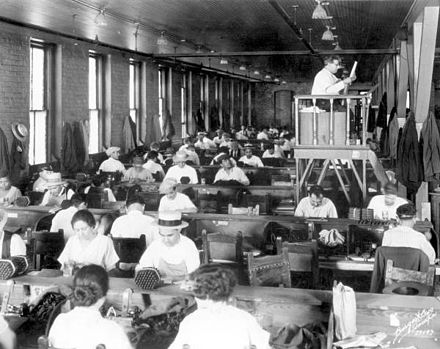
My Civil War class for the spring is full. Always love getting a lot of dudes in a class ready to learn about battles when in fact they are going to learn about slavery and the Black freedom struggle.
Where does this Civil War class begin?
Charlottesville.
Charlottesville.
Other fun themes of this class include abolitionists engaging in genocide against the tribes and the war methods we love Sherman for in Georgia being used to massacre Native villages in the aftermath.
Wow, this went semi-viral. Huh.
• • •
Missing some Tweet in this thread? You can try to
force a refresh








